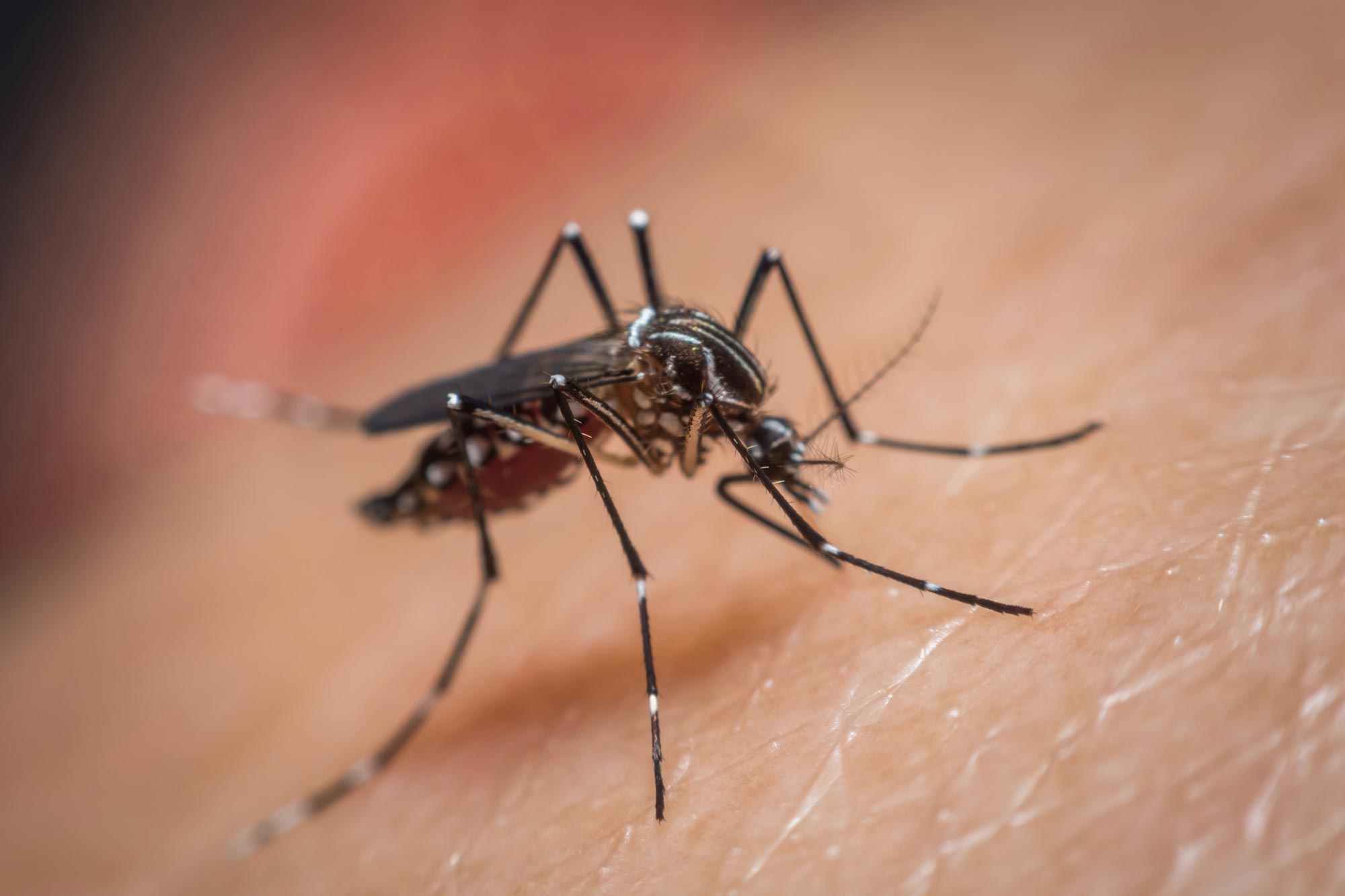Gene examine identifies sequence of DNA variants linked to dyslexia

[ad_1]
Scientists from the Universities of St Andrews and Edinburgh have for the primary time recognized a lot of genes which are reliably linked to dyslexia.
A few third of the 42 beforehand recognized genetic variants had been related to common cognitive potential and academic attainment.
The researchers say their findings, printed immediately in Nature Genetics (Thursday, October 20) assist us perceive the biology behind why some youngsters have issue studying or spell.
Dyslexia is thought to run in households – partly resulting from genetic elements – however till now little was identified concerning the particular genes concerned within the threat of creating dyslexia.
The examine, led by the College of Edinburgh together with researchers from St Andrews School of Drugs, is the biggest genetic examine of dyslexia up to now. The crew says earlier research linking dyslexia to particular genes have been carried out on a small variety of households, and the proof is blended.
This newest examine concerned greater than 50,000 adults who had been identified with dyslexia and greater than one million adults who didn’t have dyslexia.
The researchers examined the hyperlink between hundreds of thousands of genetic variants with dyslexia and located 42 important variations.
A few of these have been linked to different neurodevelopmental circumstances, equivalent to language delays, and considering abilities and tutorial achievement. Nevertheless, lots of the items are novel and should symbolize genes extra particularly linked to the processes vital for studying to learn.
Most of the genes related to dyslexia are additionally related to consideration deficit hyperactivity dysfunction. A a lot smaller overlap of dyslexia-related genes was discovered for psychological, way of life and well being circumstances.
Some related genetic variation was additionally important in a Chinese language-speaking pattern suggesting that there are widespread cognitive processes in studying to learn which are unbiased of language kind.
The researchers mentioned they had been capable of predict how properly youngsters and adults from 4 different research might learn and spell utilizing genetic info from the examine, however did not have the accuracy wanted. required for diagnostic use.
Different lead researchers on the examine are from the Max Planck Institute for Psycholinguistics within the Netherlands, the QIMR Berghofer Medical Analysis Institute in Australia and the US firm 23andMe, Inc.
Lead researcher Michelle Luciano, of the College of Edinburgh’s Faculty of Philosophy, Psychology and Linguistics, mentioned the examine sheds mild on many unanswered questions surrounding dyslexia.
“Our findings counsel that widespread genetic variations have very comparable results in girls and boys, and that there’s a genetic hyperlink between dyslexia and dyslexia,” mentioned Dr. handicapped. “Earlier analysis has steered that sure mind buildings could also be altered in folks with dyslexia, however we discovered no proof that genes clarify this.”
“Our outcomes additionally present that dyslexia could be very intently associated genetically to efficiency on the studying and spelling checks, reinforcing the significance of standardized testing in figuring out proof of dyslexia. laborious to learn.”
“This can be a breakthrough within the area,” mentioned Dr Silvia Paracchini from the College of St Andrews and co-author of the examine, “and I’m delighted to be working with Michelle to make this work doable. appropriate for folks with dyslexia. We’ve established the Particular Studying Issue Community (SLDN) bringing collectively researchers and key stakeholders to redefine the analysis agenda of the sphere. “
[ad_2]






